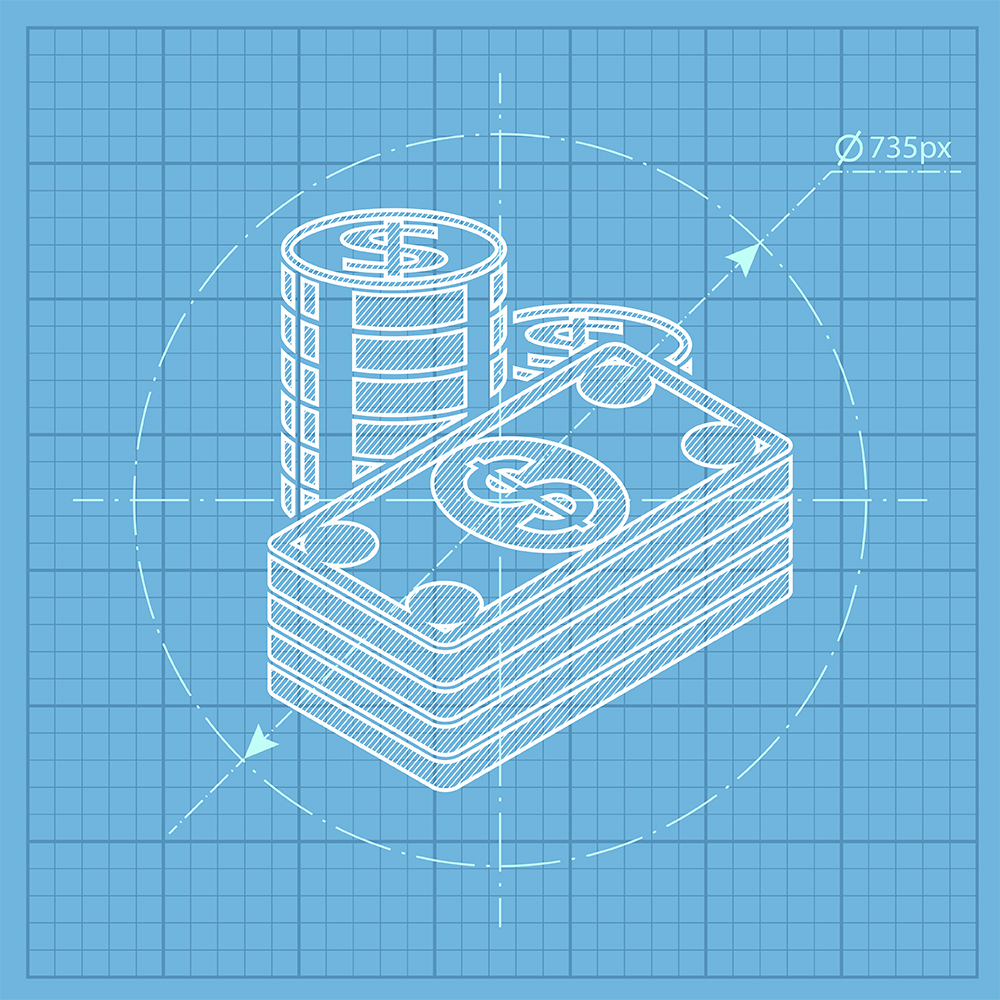
Managing your money usually involves a combination of budgeting, saving, and controlling debt. Creating a money blueprint, or monitoring the one you have, is important to help keep your finances on track.
RECORD YOUR SPENDING
You can’t take charge of your money if you don’t know how much you’re spending. By tracking your expenses, you’ll see where your money is going, and it may inspire you to adjust your spending to align with your goals. It can also help you identify areas where you overspend and unnecessary costs, like unused subscriptions or duplicate services.
DEVELOP GOOD HABITS
Your credit dictates your ability to get a loan and what interest rate you’ll pay. Credit scores can impact things like car insurance rates and whether you’ll need to pay a deposit for utility services.
To stay on top of your score, focus on the two biggest factors influencing it: timely payment history and credit utilization (how much of your credit limits you’re using). Aim to pay everything on time because just one missed payment can hurt your score.
CREATE A DEBT PAYMENT PLAN
If you have loans to pay off, ensure you have a strategic plan to reach the debt-free finish line. You may want to pay off the most expensive liability as quickly as you can, to reduce the amount of interest paid. Or you can pay off the smallest balance first for a sense of accomplishment and to create forward momentum.
BE PERSISTENT
Sticking to a budget that’s too restrictive can be suffocating, causing many people to fall off the financial bandwagon. Don’t get discouraged. Instead, give yourself time to adjust as you adapt to living within a realistic budget. Work with your financial professional for additional guidance. Before long, you will be managing your money with confidence.

